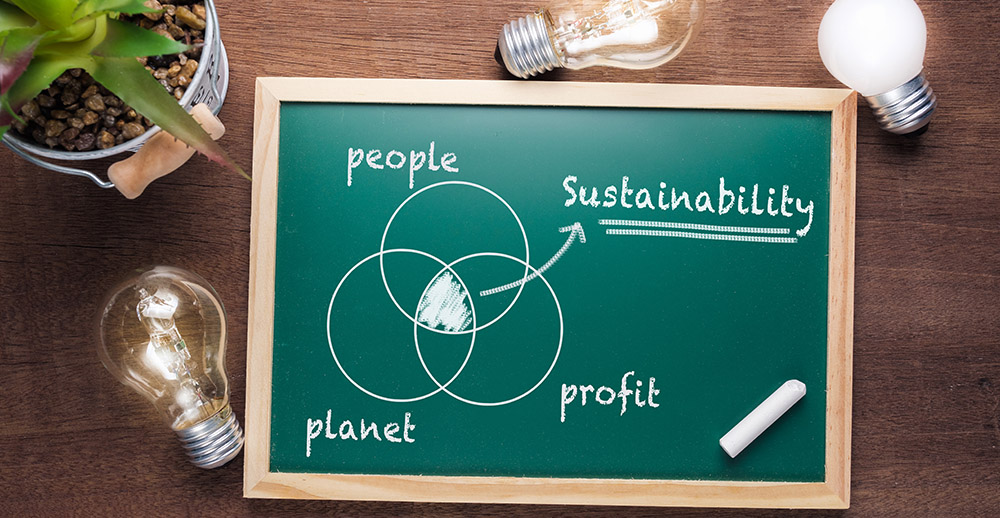
More consumers are looking for retailers that champion their personal values. This feeling is not only coming from Gen Zers or millennials but has spread across all generations. In a recent survey, almost half of the Gen Xers and 35% of the Baby Boomers felt it was important to purchase from socially conscious brands. Sustainability is one of the values at the top of their list, making it more than just a trend or fad.
What Is Retail Sustainability?
First and foremost, sustainability is about protecting the environment. Sustainable small business practices are geared toward reducing waste and carbon emissions. For example, a small retailer can reduce waste by recycling and eliminating overstocked items, as well as lower energy costs with LED display lighting. Other areas they can improve are:
- A/C upgrades
- New windows
- Energy-efficient appliances
All of these focus on lower overall costs in everyday operations.
Retailers can also make informed choices about sustainability within their supply chain. From manufacturers to distributors, their choices have an effect on global issues. More manufacturers are offering environmentally sustainable products alongside their traditional catalog. A great example is bamboo. It’s as durable as many hardwoods yet requires fewer resources to grow and cultivate. Other vendors are offering low-to-no plastic options for packaging and materials. Retailers making sustainability a priority often find that their products and services become more attractive to a broader customer base.
Benefits of a Sustainability Program
The benefits of putting a sustainability program in place can add up quickly. Consumers will actively look for products from socially responsible companies and spend up to 20% more on environmentally sound products. And, products within this category represent 12% of total sales for specialty retailers.
A sustainability program also aligns the company with the products it sells and its target market. This enables retailers to engage with their customers by educating them while providing the best quality for the price. These programs expand their marketing reach while engaging with everyone on a more personal level.
Managing inventory also plays a major role in a sustainability program. Problems with overstocking and extensive supply chains add to waste and more greenhouse gas emissions. To meet their fulfillment needs, retailers should look for suppliers that are closer, which will reduce delivery times and the need to warehouse more products. Plus, consumers are willing to offset any additional costs for environmentally sustainable business practices.
Finally, marketing about sustainability is interesting, eye-catching, and stays fresh over longer periods of time. Retailers can position their business as an industry leader and innovator. Best of all, there’s a story to be told, one that engages with people to increase brand awareness and attract new customers. It’s a story that people want to hear.
Sustainability Is Good Business
Not only is sustainability in retail about the environment, but it’s also about creating value and innovation. It looks for new markets, reduces business risks, and enhances reputation. When retailers set their priorities on being a more sustainable business, they are seeking the highest value for products that will have the most impact on their customers.